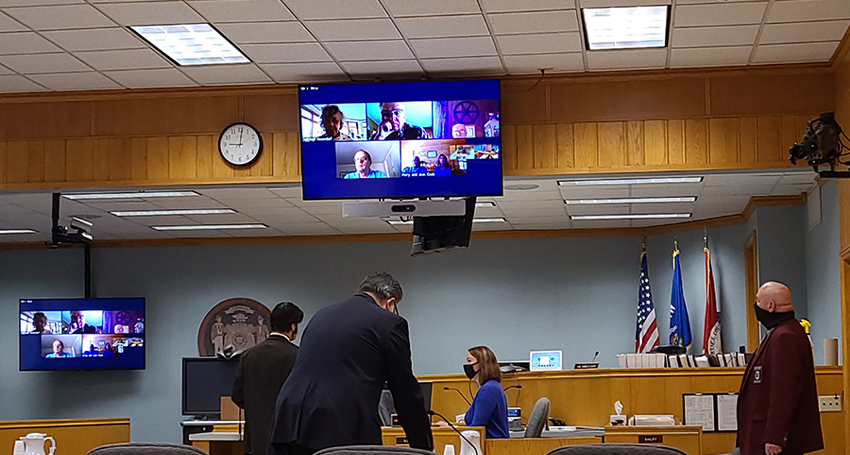Editorial: How to report on crime in Portage County. Or, at least, how to try.
By Brandi Makuski
From time to time, our newsroom gets a phone call from someone complaining about local crime reporting. One such call came in this morning.
“It just isn’t what it used to be,” the gentleman said. “There was more of it, and it was more thorough. What happened?”
The simple answer is, local law enforcement agencies switched to a new software reporting system last year. This always means a learning curve. Unexpected customizations to install, bugs to work out. The three law enforcement agencies (Portage Co., Stevens Point, and Plover) comprise a very large animal with dozens of more important matters to address before customizing the daily blotter it sends to the press. They’re understaffed and underpaid.
After a few weeks without those daily blotters, local newsrooms began receiving them again.
But honestly, they’re a mess. Simply put, they’re about three times longer than they used to be, and contain less than half the information we need to report them properly to the public.
You know, the taxpayers who are funding all of this.
To give you an idea of what we’re dealing with, here’s how the blotter appeared before the change (we redacted the names to protect privacy):

And here’s how it looks now:

If you’d like to know how we cover crime these days, we’ve compiled a step-by-step list for your convenience:
Step 1: Read through the 40-plus pages of call logs sent via email each weekday, typically in the morning. There is one for each of the three law enforcement agencies in our county, though Plover rarely sends their blotter out anymore. Pray that the call logs include enough information to report basic details of a citation or arrest. But expect them not to.
Step 2: If you need additional information on a specific call, you’ll need to put in a formal records request with that agency. If you receive the information within 24 hours, faint.
Step 3: Read through the arrest summary, a separate document emailed from the sheriff’s office, to determine which of the arrests over the past 24-48 hours are newsworthy. This report includes a defendant’s date of birth, city of residence, and initial charges. A charge like disorderly conduct can mean anything from fighting in a bar to flashing traffic from the roof of a frat house, so getting the specifics at a bond hearing is important to weed out what’s irrelevant. Even a minor charge may be newsworthy if the defendant is a repeat offender or public official.
Step 4: Check the daily Portage Co. Circuit Court bond schedule. This is usually emailed to the press by the Portage Co. District Attorney’s Office, though it may change several times before bond hearings begin at either 11 a.m. or 1 p.m. The time fluctuates depending on judges’ schedules, but it may also be related to the phases of the moon.
Step 5: Request mugshots of defendants with cases you suspect may be newsworthy from the PCSO records department. Pray the photos are in-focus. But don’t expect them to be.
Step 6: Sometimes judges may read through probable cause statements prior to bond hearings, meaning the facts of the case aren’t read aloud in public court, and only the matter of the bond itself is publicly discussed. It’s a relatively new procedure designed to save time in the overburdened court system. Should this happen, scream at your computer screen. But check your Zoom settings first to ensure you’re on mute. A contempt of court charge will land you in jail for 10 days.
Step 7: Because court documents cannot be accessed remotely, go to the public access computer on the second floor of the courthouse, pass through security, and if a computer is actually available, read through the probable cause statement, or, if you’re lucky, the criminal complaint itself for each case you’re considering. If the charges are newsworthy, you’ll have to take notes. Taking photos of public documents at the courthouse is illegal. For some reason.
Step 8: An easier option is to simply print out the copies of what you need. You can request copies on the public access computer, but you have to go to another office to pick them up. And they’ll cost you $1.25 a page. Yes, even if you request it via email.
Step 9: By the time you get back to your office, you’ll have to put those documents off to the side for later because it’s time for a 6 p.m. committee meeting somewhere in Portage Co.
Pray you can get to them before a new set of bond hearings tomorrow. But don’t expect to.


